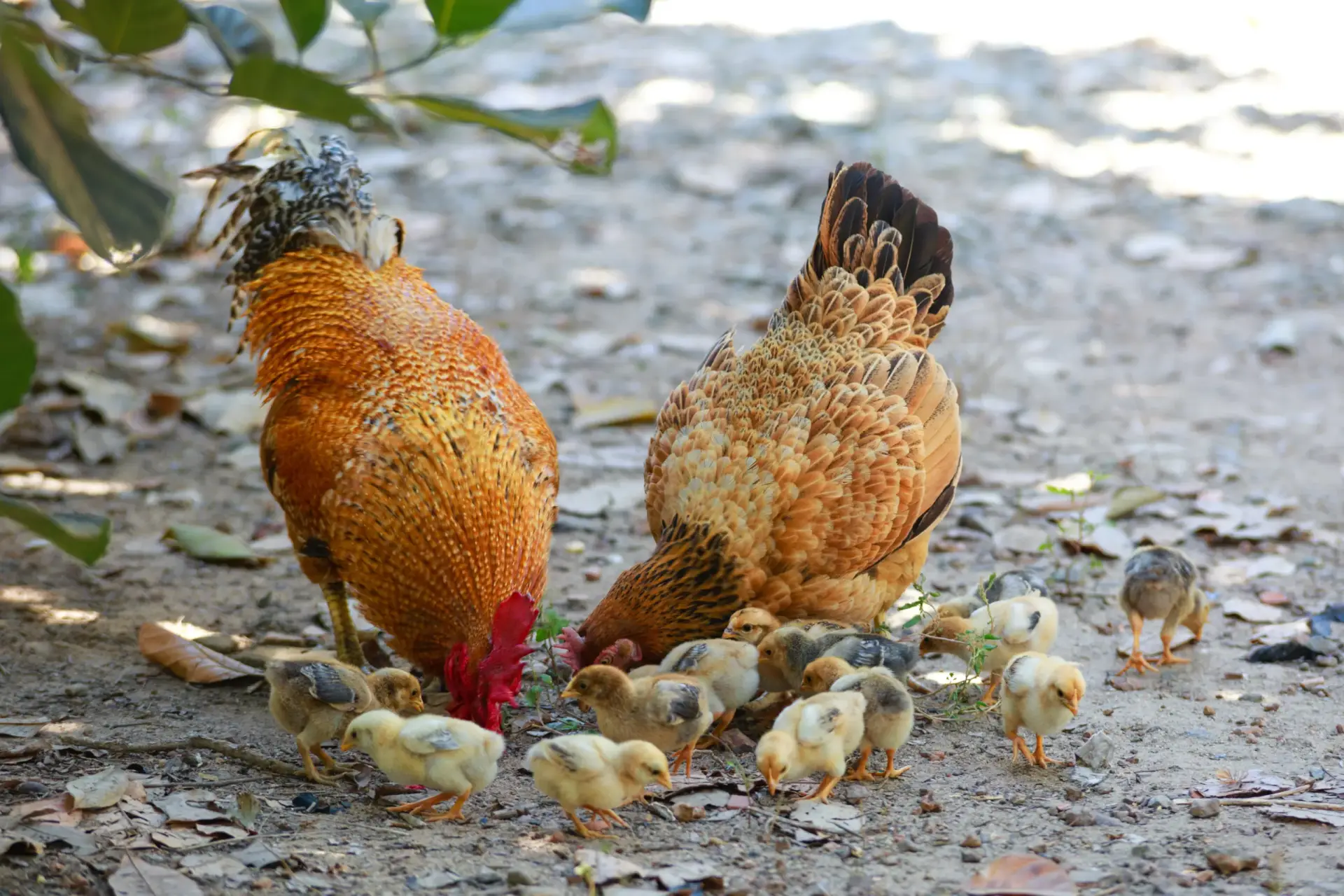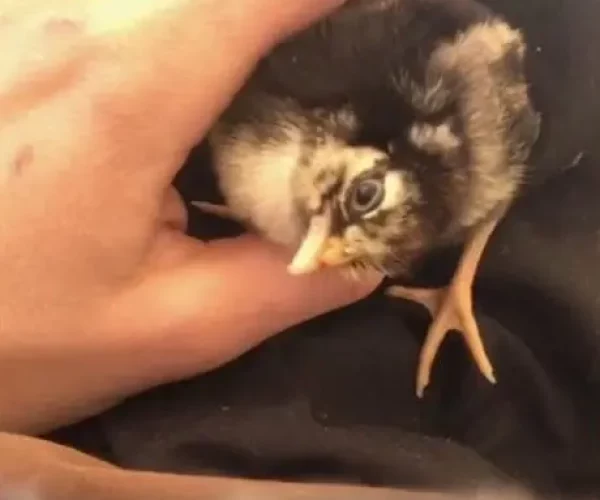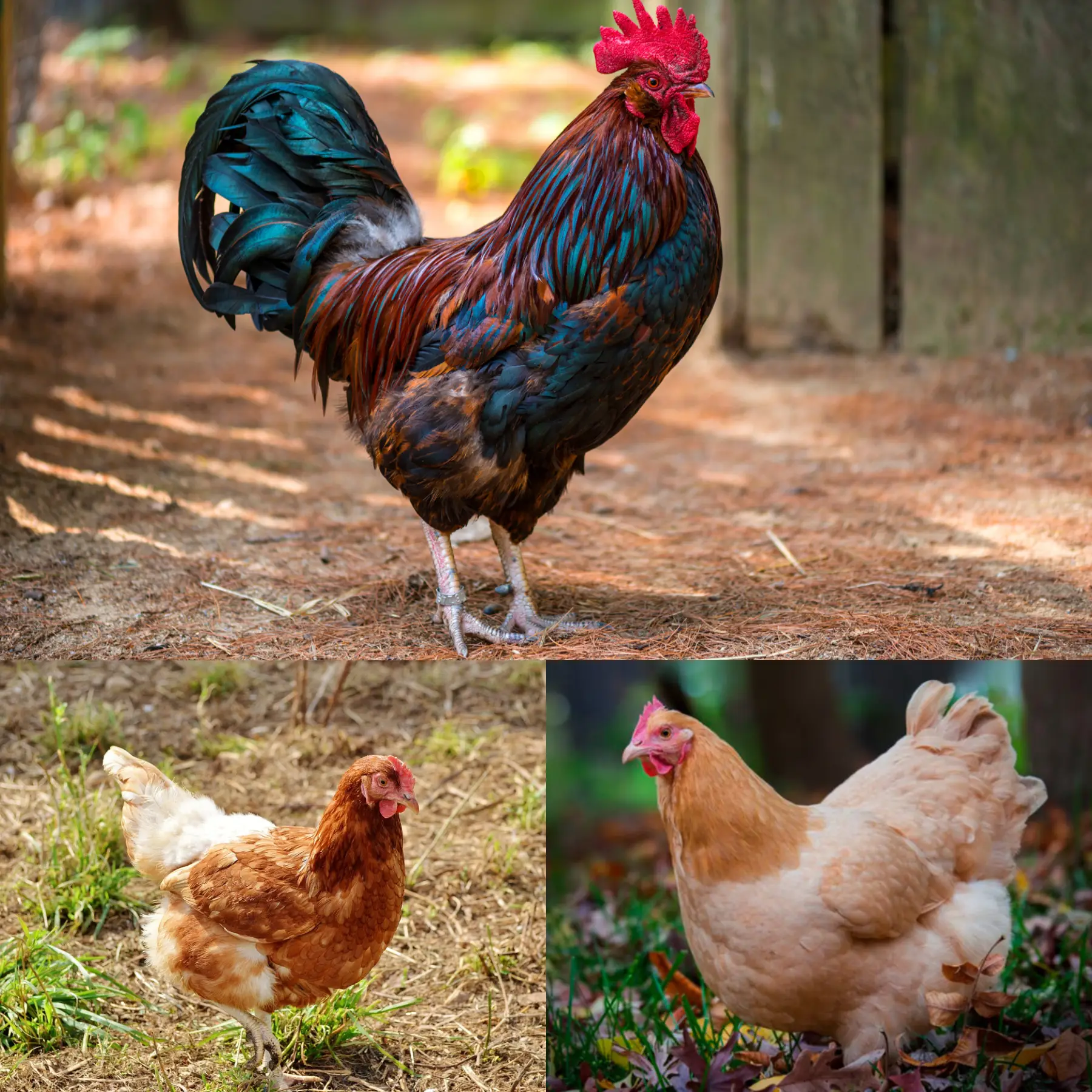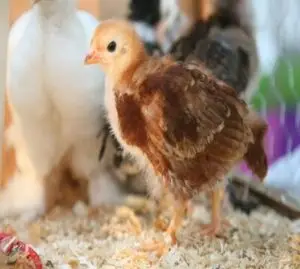

Wry Neck in Chickens: What is it? Causes, treatment and prevention
Wry neck, also known as torticollis, twisted neck, or stargazing, is a surprisingly common condition amongst chickens and other poultry. It is particularly a problem for young chicks. Symptoms can range from mild to severe and if left untreated, wry neck has the potential to cause serious long-term complications for your chicken’s health. In this blog post, we’ll cover everything that you need to know about wry neck in chickens – what causes it, how to spot the symptoms and signs of a bird with wry neck and most importantly – how you can effectively prevent it or identify it early for early treatment.
Symptoms of Wry Neck
This condition causes the bird’s neck to twist or turn abnormally, resulting in difficulty in moving or standing. Wry neck in baby chicks can result in uncoordinated movements, inability to hold their head up, and an abnormal head tilt. Chickens may have heads that flop back causing the impression that they are looking up at the sky, so a condition called “stargazing” can be a symptom of wry neck.
Causes of Wry Neck
Wry neck, also known as twisted neck, is a condition in baby chicks and adult chickens. It is characterized by an abnormal head position. It can manifest as a lateral or ventral tilting of the head or a complete rotation of the neck. While it can be a result of genetic factors, wry neck is most commonly caused by a disease, toxin, or nutrition deficiency. It is important for poultry farmers to understand the underlying causes of wry neck in baby chicks to ensure their overall health and wellbeing. Veterinary advice should be sought if any symptoms of wry neck are observed to prevent further complications.
Nutritional deficiency commonly causes wry neck in baby chickens, though this can be a cause for the issue in adults as well. Feed that is lacking adequate vitamin E, selenium, or thiamin (vitamin B1) can easily result in wry neck and other health issues in chicks. It is important to feed quality nutrients to your chicks and make sure vitamin E and selenium and B vitamins are included. Some medicated feed can also inhibit the absorption of thiamin and cause issues.
It is less common, but disease may also cause wry neck. Improperly administered vaccine for Marek’s Disease can cause it in baby chicks, and Marek’s Disease itself can cause the condition in adults. There are some other bacterial, viral, fungal, and nutritional diseases that may contribute to this condition. Take care to watch out for and treat conditions such as Encephalomalacia, Listeriosis and similar.
Toxins may be a cause for wry neck. There are a number of toxic plants, chemicals and pesticides that could contribute. Decayed, wet or stale feed can result in toxic reactions and/or nutritional issues that can lead to ill health.
Treatment Options for Wry Neck in Chickens
Wry neck can be a major source of concern for chicken owners and farmers, as it can impact the growth and development of the chick and long-term health issues for adults. Early intervention and treatment is essential to ensure the bird can lead a healthy life. There are various treatment options available, including changes to diet, specific medications, and physical therapy exercises. Consulting with a veterinarian or poultry specialist can be beneficial to determine the best course of action for your chicks. With proper care and attention, baby chicks with wry neck can recover and thrive.
Birds who exhibit wry neck should be separated from others. This helps prevent further injury to ill chicks and allows for easier treatment since they can be fed and medicated separately. When at all possible, make sure birds with wry neck are still nearby others as complete isolation can stress them. Wry neck is not contagious by itself, so there is typically no need for complete quarantine unless a veterinarian recommends it.
Since nutritional deficiency is one of the primary known causes of wry neck, most treatment plans start with a careful assessment of the diet. Immediately begin to feed a diet that is rich in vitamin E, selenium, and B vitamins. Vitamin E is typically the most critical, but other vitamins can help with balanced distribution and absorption. Vitamin supplements can also be added separately to food or water as needed.
Baby chicks will often struggle to eat and drink when they have wry neck. It can be very useful to give them some aid with food and water. You may be able to simply hold the bird’s head in a good position, or you may need to use a towel or cloth to give support. If the bird cannot drink enough, a syringe or dropper can be used to offer water directly. Be very gentle when dropping small amounts of water in the beak and do not attempt to use force for food or water. If your birds have a severe enough case to need extra vitamin supplementation in addition to diet, continue to use the added vitamins for a couple of weeks after improvement begins. Once you transfer your birds off of added supplements, continue to feed a diet that has all of the dietary requirements so the condition doesn’t re-occur.
If your veterinarian suggests pain relief, antibiotics, anti-inflammatories or other medication, follow all those directions for as long as is recommended.
Prevention Strategies to Avoid Wry Neck in Chickens
Ideally, you want to prevent wry neck entirely. When you acquire new birds, feed a quality feed with all required vitamins and minerals. If food is not all used before it gets old, discard expired or stale food. Do not use feed that has become damp or has a musty odor. If medicated feed is used on young chicks, return to a non-medicated food as soon as is recommended on the label or by your vet.
Extra foods can also be given that are rich in E, selenium, and B vitamins. Some good sources include sunflower seeds, dark greens such as spinach, and nutrient dense plant foods such as broccoli.
Keep food, water and coops all clean to prevent the spread of disease, toxins, and food-borne illness.
To wrap up, when it comes to giving your chickens the best care, you want to make sure that wry neck is not something that you have to worry about. While it can feel daunting to take steps necessary to treat or avoid it, rest assured that being diligent in your flock’s health care will pay off. Keep a close eye on any changes to their behavior or physical appearance. Keep your flock thriving by giving your chicks the best!
Share:
Maddie
Blog Categories
Social Media
Most Popular


Quick Tips: Addressing Egg Laying Concerns

Tips for Chick Season

Quick Tips: Hen or Rooster?
Subscribe To Our Newsletter
Get notifications only about new products and updates.
Related Posts

Integrating New Chicks into Your Established Flock
Integrating new chicks to an established flock of chickens can be a delicate process. For many poultry keepers, the integration is crucial to maintaining peace

Quick Tips: Addressing Egg Laying Concerns
Not Getting Eggs from Your Hens? Here’s What You Need to Know! Are your hens taking their sweet time before they start laying eggs, or

Tips for Chick Season
Hey there, chicken enthusiasts! Are you ready for the upcoming chick season at Valley Hatchery? Let us share some tips to make sure your season

Quick Tips: Hen or Rooster?
Image Source: Grubbly Farms If you’ve found your way here, you’re likely in that common situation of scratching your head and wondering, “Is my chicken





